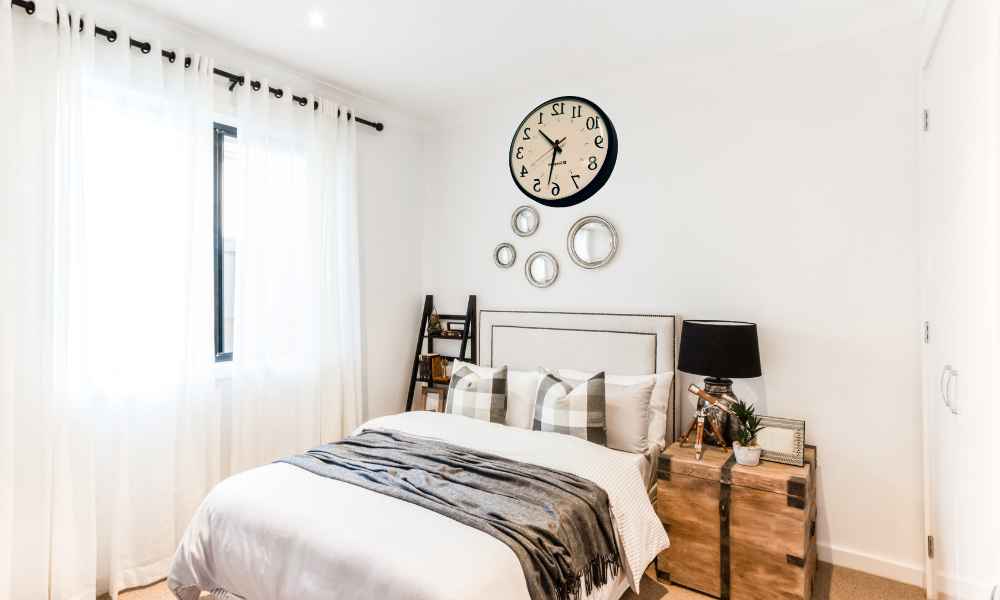In the realm of home decor and functionality, small bedroom clock stand as a quintessential accessory, blending practicality with aesthetic appeal. These clocks not only serve the primary function of keeping time but also play a vital role in enhancing the overall ambiance of the bedroom. This piece explores the essentials of bedroom clock, delving into the various types available and their respective features.
The Essentials of Bedroom Clocks
Bedroom clocks are more than just time-telling devices; they are integral components of bedroom design that can influence mood and personal space. The choice of a room clock can reflect one’s personal style and functional needs, whether it’s a simple piece for time-checking or a sophisticated gadget that offers more. Importantly, these clocks should be easy to read, unobtrusive, and equipped with features that contribute to a restful night’s sleep, such as non-ticking mechanisms or dimmable displays.
Types of Bedroom Clocks
Selecting a bedroom clock, understanding the different types available can help in making an informed choice. The main categories typically include analog and digital clock, each offering distinct advantages and characteristics suited to various preferences and needs.
Analog Clocks
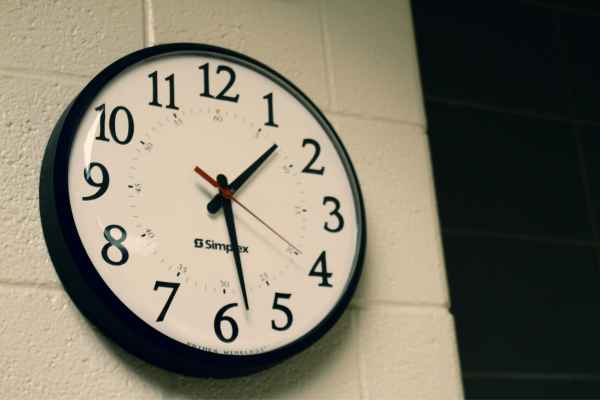
Analog clock feature a traditional clock face with hour, minute, and sometimes second hands. These clocks are valued for their classic look and the aesthetic they bring to a room. Many prefer the analog type for its silent operation and the absence of blue light, which is known for disturbing sleep patterns. They come in numerous styles, from vintage to modern, making it easy to find one that complements the bedroom’s theme.
Digital Clocks
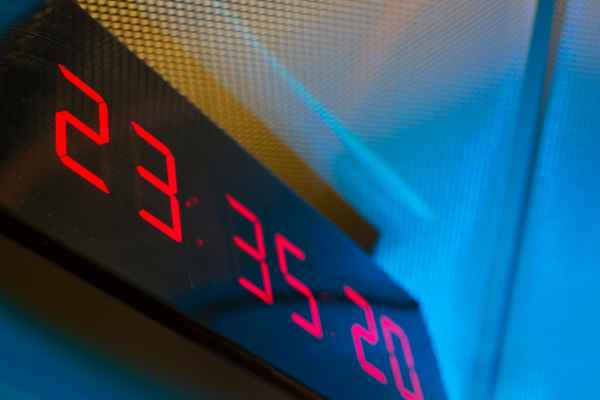
Digital clock, on the other hand, display the time in numerical form, which can be easier to read at a glance, especially in low-light conditions. These clocks often come with additional functionalities such as alarms, temperature displays, and even Bluetooth speakers to play soothing sounds. The LED or LCD screens can usually be dimmed, which is a crucial feature for those sensitive to light while sleeping.
Features to Consider
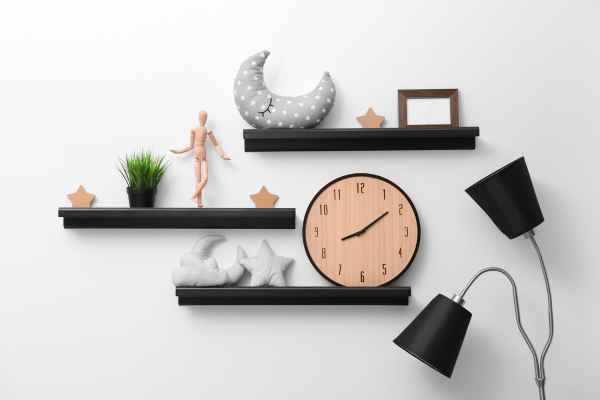
Choosing a small room clock, several key features should be considered to ensure that they meet personal needs and preferences effectively. From the physical size and type of display to various functionalities like sound options and technological enhancements, every detail can contribute significantly to both the utility and enjoyment of the clock.
Size and Display
The size of the bedroom clock should be appropriate for the space available and easily visible from the bed without overpowering the room’s aesthetics. The display, whether analog or digital, needs to be clear and legible. For a digital clock, choose options with adjustable brightness to avoid disrupting sleep with excessive light during the night.
Sound and Alarm Options
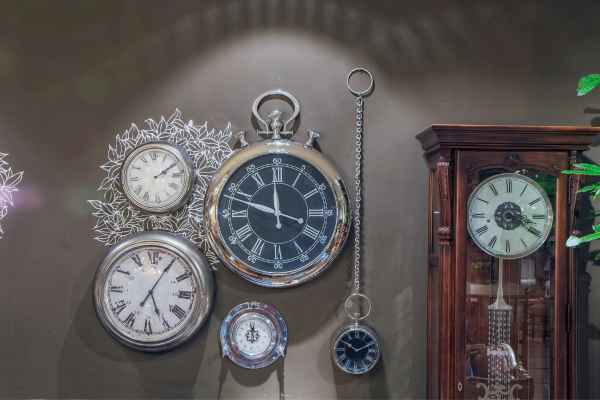
Sound is an important aspect of room clocks, especially for users who rely on them for waking up. Clocks with multiple alarm settings are beneficial for people with varying daily schedules. The quality of the alarm sound should be pleasant yet effective enough to wake the sleeper without causing discomfort.
Volume Control
Having the ability to control the volume of the alarm is crucial for a room clock. This feature allows users to set the volume at a level that is loud enough to wake them up but not so loud that it becomes jarring or disturbing to others in the household.
Additional Functionalities
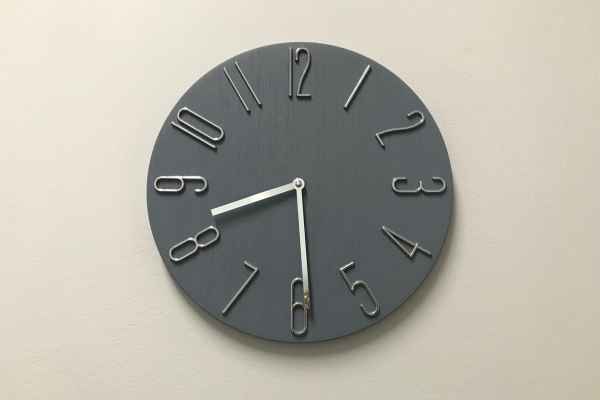
Modern bedroom clocks often come equipped with additional features that enhance their utility. USB ports allow for charging phones or other devices, eliminating the need for multiple outlets and keeping nightstands clutter-free. Some clock even feature projectors that can display the time on the ceiling or wall, a convenient feature for those who prefer not to turn their heads to check the time during the night.
Style and Aesthetics
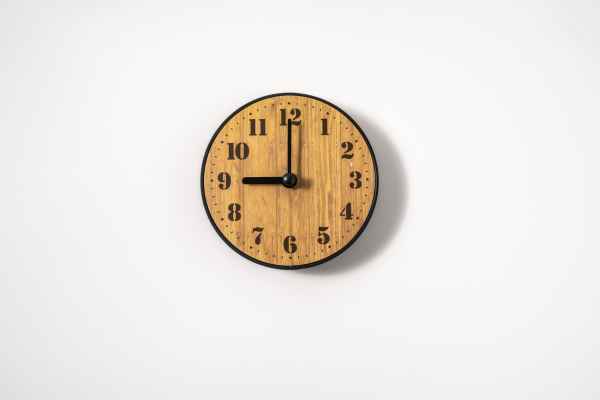
Small bedroom clocks not only serve a functional purpose but also play a significant role in the overall decor and aesthetic of a bedroom. The style of the clock can enhance the mood and theme of the room, making the choice of design a crucial aspect of room decorating.
Minimalist Designs
Minimalist bedroom clocks focus on simplicity and functionality, often featuring clean lines and a monochromatic color palette. These clocks are ideal for those who prefer a clutter-free environment that promotes peace and tranquility. Minimalist designs typically avoid excessive detailing, making them blend seamlessly with a wide range of decor styles while maintaining an understated yet elegant presence.
Contemporary Styles
Contemporary bedroom clocks incorporate modern design elements such as bold colors, unusual shapes, and innovative materials. These clocks are designed to make a statement and often act as a focal point in the room decor. They complement modern furniture and can add a touch of sophistication and flair to any bedroom.
Choosing the Right Clock for Your Bedroom
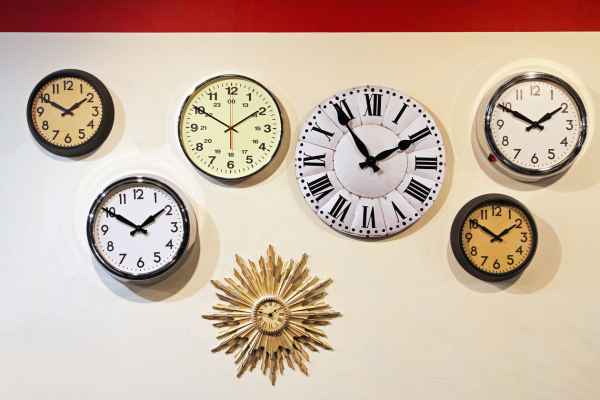
Selecting the perfect bedroom clock involves more than just aesthetics; it requires a thoughtful consideration of the room’s size, layout, and existing decor.
Considering Room Size and Layout
The size of the clock should be proportional to the room to maintain balance and harmony. In smaller bedrooms, a large, overly ornate clock may overwhelm the space, whereas in larger rooms, a tiny clock might appear lost. The layout of the room also affects where the clock should be placed for optimal visibility and aesthetic balance.
Matching Decor Styles
It is essential to choose a clock that matches or complements the existing decor style of the bedroom. Whether the room features rustic, traditional, or modern elements, the clock should align with these themes to create a cohesive look. This harmony between the clock and the room’s style enhances the overall ambiance and character of the space.
Importance of Functionality
While style and aesthetics are important, the functionality of the clock should not be overlooked. It should fulfill the basic needs of timekeeping accurately and reliably. Features such as an easy-to-read display, effective alarm settings, and appropriate sound levels are essential for practical daily use.
The Impact of Small Bedroom Clocks on Sleep
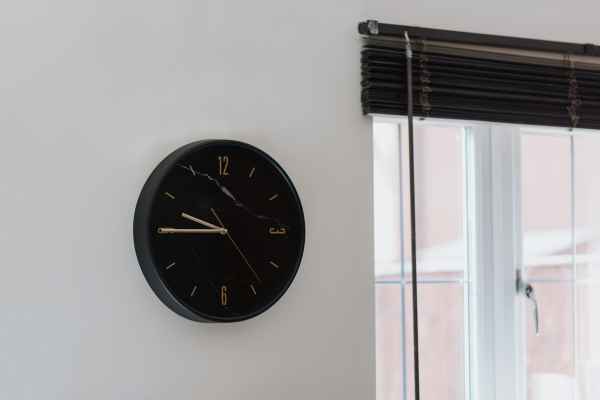
Small bedroom clocks play a significant role in influencing sleep quality and patterns. Their presence in the room can affect both the ease of falling asleep and the quality of sleep through the night. Understanding these impacts is crucial for choosing the right clock that promotes a healthy sleep environment.
How Clocks Influence Sleep Patterns
The design and functionality of bedroom clock can either enhance or disrupt sleep patterns. For instance, clocks with a bright display can interfere with the production of melatonin, the hormone responsible for sleep cycles, potentially leading to difficulties in falling asleep. Conversely, clocks that gradually simulate sunrise can gently wake you, aligning with natural circadian rhythms and promoting a healthier sleep pattern.
The Role of Noise and Light
Noise and light from bedroom clocks have a profound impact on sleep quality. Traditional ticking clocks can be disturbing for light sleepers, while digital clocks with LED displays might cast a glow that can disrupt the sleep environment. Opting for clocks with silent mechanisms and adjustable light settings can help create an optimal sleeping atmosphere, contributing to deeper and more restful sleep.
Top Picks for Small Bedroom Clocks
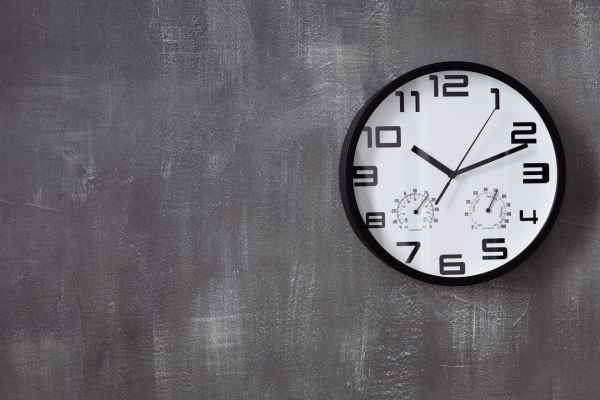
Selecting the best small bedroom clocks, considering their impact on sleep, aesthetic appeal, and functionality provides a balanced approach to finding the perfect option for your needs.
Best Analog Clocks
For those who appreciate a classic look and a quieter bedroom environment, the best analog clocks are those that feature a silent, non-ticking mechanism. These clocks offer the traditional charm and simplicity of analog time display without the disruptive ticking sound. They often come in various styles, from minimalist to vintage, allowing them to blend seamlessly with any room decor.
Best Digital Clocks
The best digital clocks for bedrooms are those with features like dimmable LED displays, which prevent the room from being overly bright at night. Additional conveniences may include large numerals for easy readability from a distance and built-in alarms with customizable sounds. Digital clocks that provide temperature and humidity readings can also offer more utility, making them a popular choice for tech-savvy users.
Best Feature-Rich Clocks
For those who desire more functionality, the best feature-rich clocks come equipped with a variety of settings to enhance both sleep and wakefulness. These may include sleep timers, sound machines with natural noises, USB charging ports, and even connectivity to smart home devices. Clocks that can project the time onto ceilings or walls provide a futuristic touch while allowing you to check the time without moving, ideal for maintaining a restful posture through the night.
What Size Clock is Best for a Small Bedroom?
Choosing a clock for a small bedroom, the size of the clock is an essential consideration. A clock that is too large can overwhelm the space, while one that is too small may not be effective. The ideal size should balance visibility and proportionality with the rest of the room’s furnishings. A medium-sized clock, typically ranging from 4 to 6 inches in diameter, is often perfect as it is easy to read from a distance without dominating the space.
Can the Light from a Digital Clock Disturb Sleep?
The light emitted from digital clocks can indeed disturb sleep, particularly for those who are sensitive to light. Blue light, commonly produced by digital screens, can interfere with melatonin production, making it harder to fall asleep. Choosing clocks with red or amber light can mitigate this issue, as these colors are less likely to disrupt sleep. Additionally, many modern digital clocks offer adjustable brightness settings, allowing for a dimmer display that is less likely to impact sleep negatively.
What Features are Most Useful in a Bedroom Clock?
In a bedroom clock, several features can enhance both functionality and comfort. An adjustable brightness display is crucial for those who prefer a darker room. Other useful features include a silent operation to avoid disturbing sleep, multiple alarm settings to accommodate different schedules, and a snooze button. For added convenience, features like USB charging ports for devices and Bluetooth connectivity for playing calming sounds or music can be beneficial.
How do I Choose a Clock that Matches My Bedroom Decor?
Choosing a clock that complements your bedroom decor involves considering the style, color, and material of the clock in relation to your room’s theme. For a minimalist decor, a sleek, simple design works well, whereas a more ornate analog clock can enhance a vintage-styled room. Consider the color scheme of your bedroom and select a clock with colors that harmonize with it. Material-wise, wooden clocks can add warmth to a room, while metal clocks suit a more modern or industrial decor.
Conclusion
Choosing the right clock for a small bedroom involves careful consideration of size, light emission, features, and aesthetic alignment with the room’s decor. A well-chosen clock not only serves the practical purpose of telling time but also complements the bedroom environment, enhancing both functionality and style. By prioritizing features that promote good sleep and selecting a design that fits the bedroom’s theme, you can greatly improve your bedroom experience.
